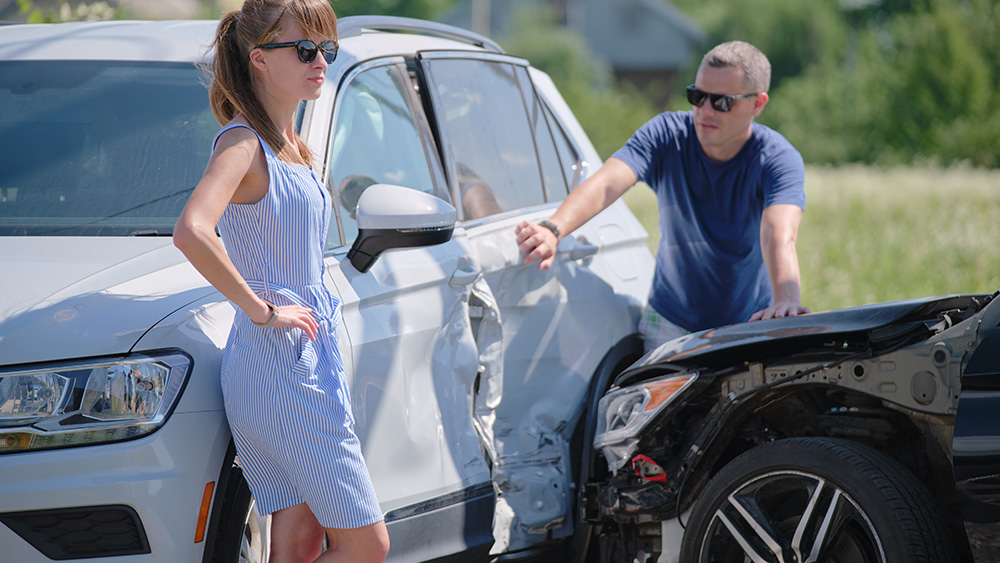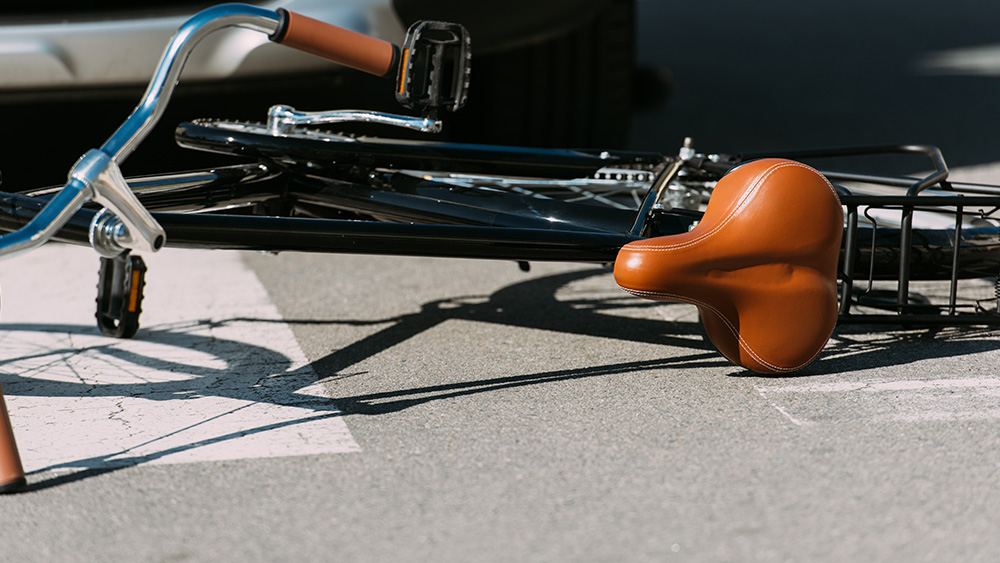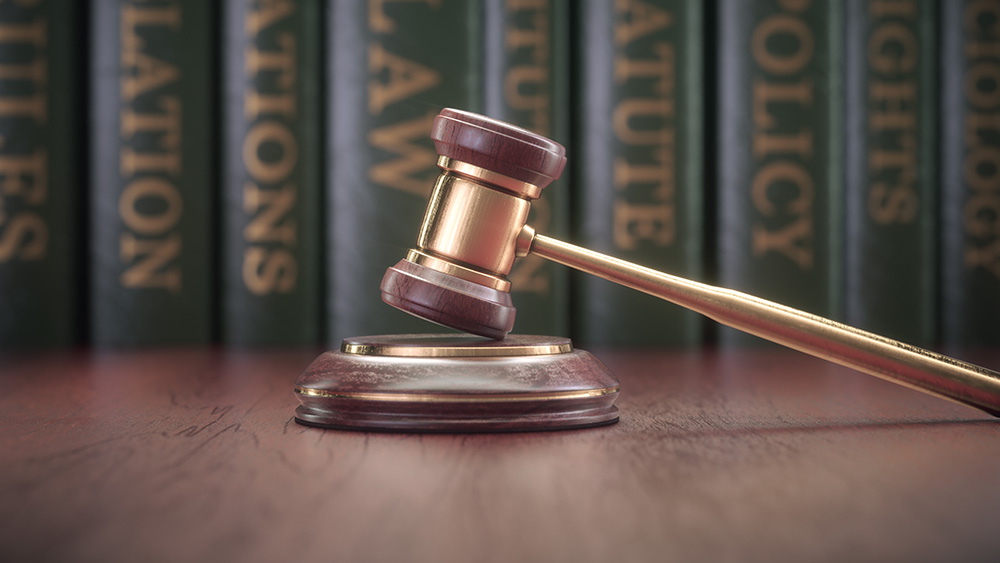Orlando & Tampa Slip and Fall Lawyer
No one expects a quick trip to the store to end in injury, but a sudden slip or fall can leave you hurt, confused, and facing unexpected medical bills. As your Tampa and Orlando slip and fall lawyer, I know how shocking and isolating this moment can feel, and I’m here to help you regain your confidence and get the care you deserve.
Immediate Steps After a Slip and Fall
You might be wondering if calling a lawyer is an overreaction. Here’s what to do immediately:
- 1Don’t Rush to Get Up: Stay still unless in danger; sudden movements worsen injuries.
- 2Speak Up About Your Injuries: Don’t downplay pain or discomfort. Call 911 if you’re hurt, and don’t let embarrassment stop you from getting the help you need.
- 3Turn Your Phone Into Evidence: Photograph the hazard, lighting, warning signs, and injuries.
- 4Demand an Incident Report: Insist that property management create an official report. Get the report number, a copy if possible, and witness contact information.
- 5See a Doctor Within 24 Hours: Even if you feel “fine,” some injuries like concussions or internal damage don’t show symptoms immediately.
- 6Preserve Your Evidence: Don’t wash your clothes or throw away damaged items. Your torn jacket or scuffed shoes could prove the severity of your fall.
- 7Brace for the “Helpful” Phone Call: Insurance reps often reach out within 48 hours to push a quick settlement. Let our Orlando and Tampa slip and fall lawyer handle these calls from the start.
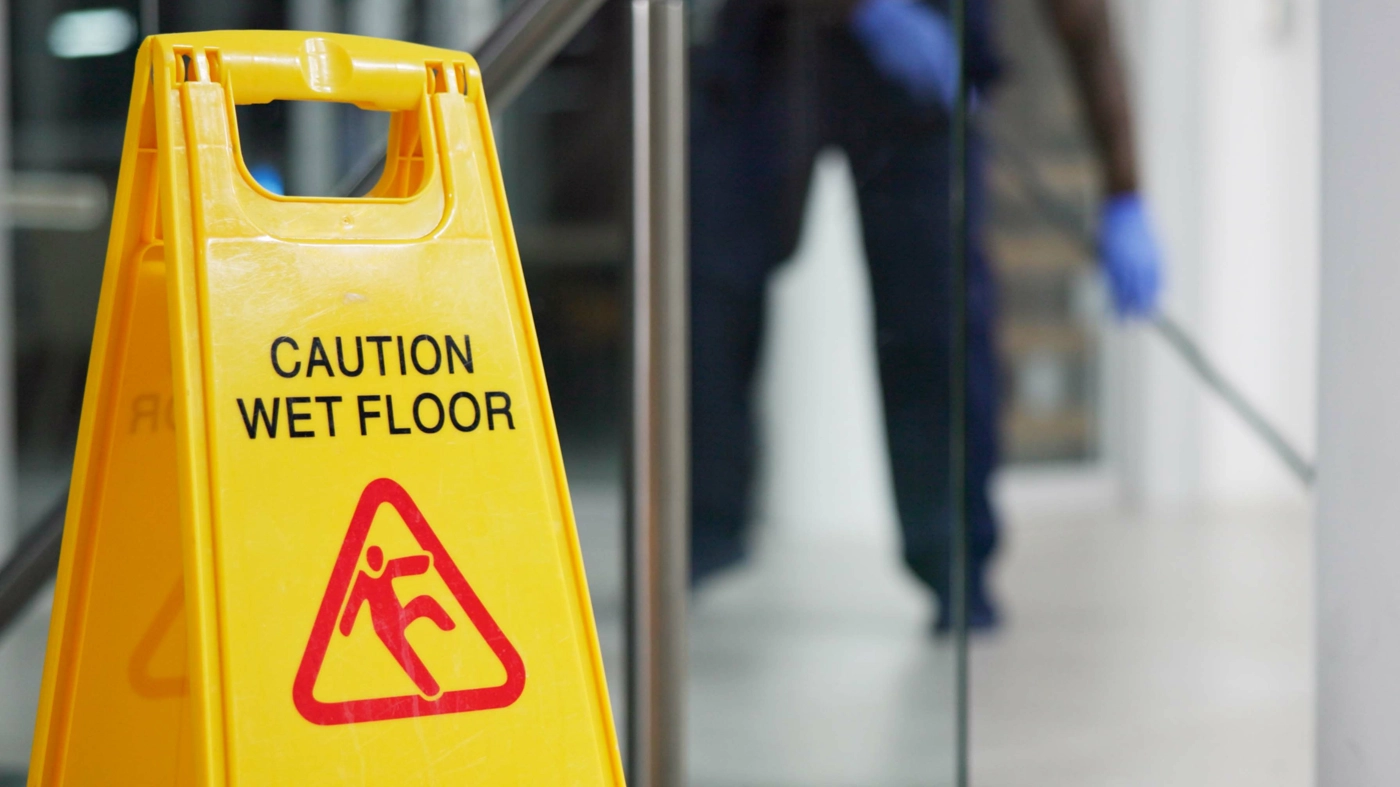
How Slip and Fall Accidents Happen in Central Florida
After representing slip and fall victims throughout Tampa and Orlando for years, we’ve seen how these accidents cluster in predictable places like supermarkets, restaurants, and apartment complexes. Common hazards include:
When Falls Lead to Serious Injuries
Slip and fall injuries often have lasting effects. Head impacts can cause concussions and memory issues, while back and spinal injuries may lead to chronic pain. Wrists, hips, and ankles are especially vulnerable and sometimes require surgery. Even soft tissue injuries can bring months of discomfort, and lacerations may leave permanent scars. Each case underscores the importance of detailed documentation and strong advocacy to secure full compensation.
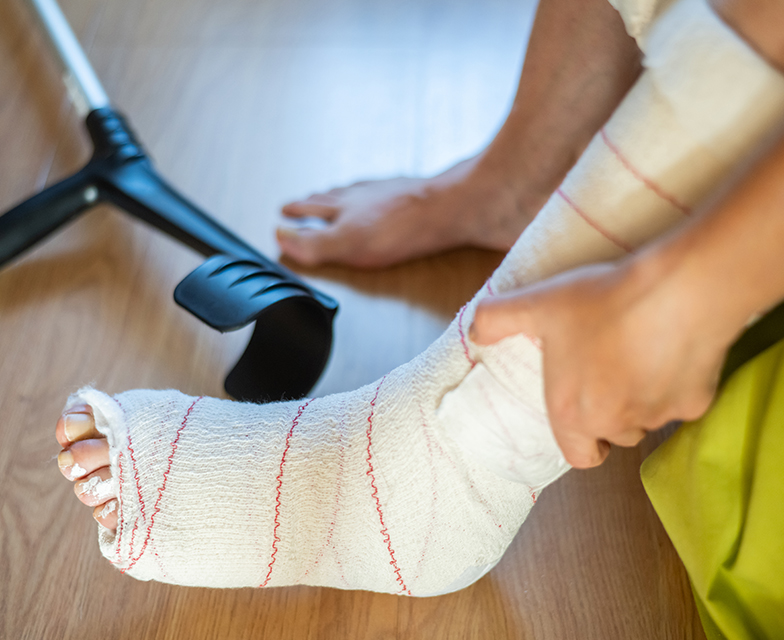
Tampa Slip and Fall Lawyer Who Knows Hillsborough County
As your Tampa slip and fall lawyer, we leverage local expertise that directly strengthens your case and speeds your recovery:
Whether you fell in Carrollwood, South Tampa, or Ybor City, our Tampa slip and fall lawyer’s local connections work in your favor.
Slip and Fall Attorney in Orlando Fighting for Orange County Victims
When you need a slip and fall attorney in Orlando, local expertise isn’t just convenient—it’s the difference between settling for less and getting full compensation:
From Winter Park to Lake Nona, our Orlando slip and fall attorney delivers results because we understand your community’s specific legal landscape.
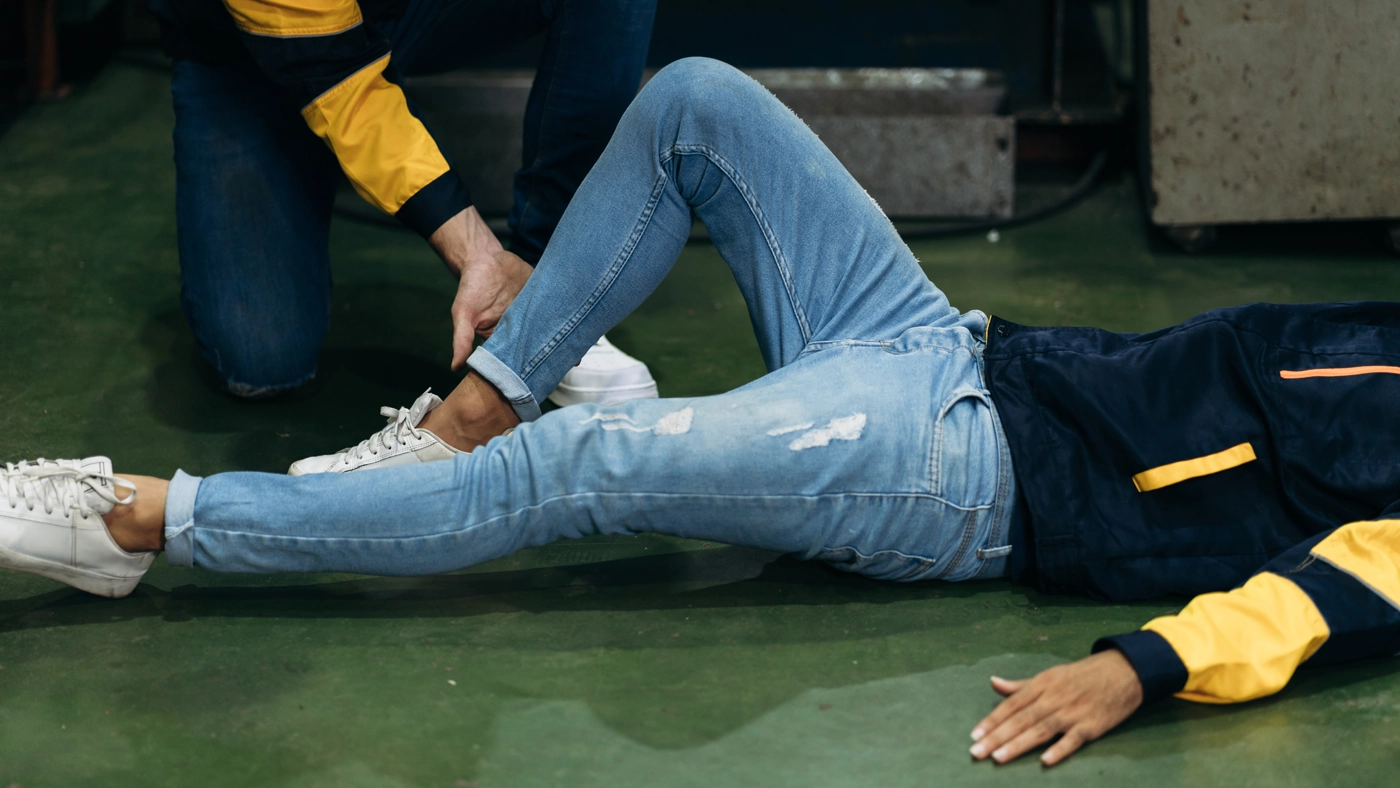
How Filing a Slip and Fall Claim Works in Florida
You might be wondering what happens next and how long this whole process takes. As your slip and fall attorney, we handle every aspect of your claim so you never feel lost about where things stand.
Throughout this entire process, you’ll have direct access to Jonathan De Armas, not just paralegals or case managers.
Why Choose De Armas Law as Your Slip and Fall Attorney
You deserve a slip and fall lawyer who sees you as a person, not another case file. Jonathan’s experience with major insurance companies gives us insight into how they minimize claims. We use that knowledge to build stronger cases while providing direct attorney access and contingency representation with zero upfront costs.
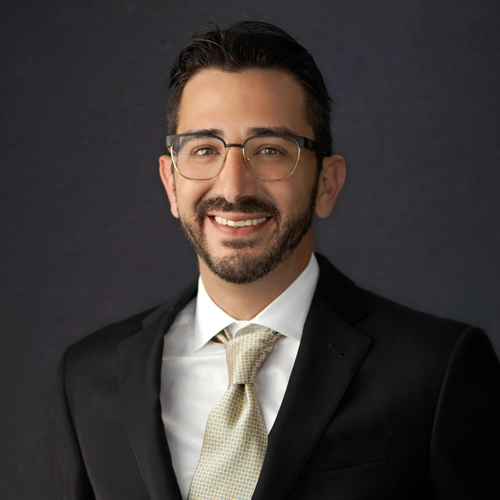

Frequently Asked Questions
Get Real Answers From Your Orlando and Tampa Slip and Fall Lawyer
We know you have important questions about your slip and fall accident, and we’re here to give you clear, honest answers.
